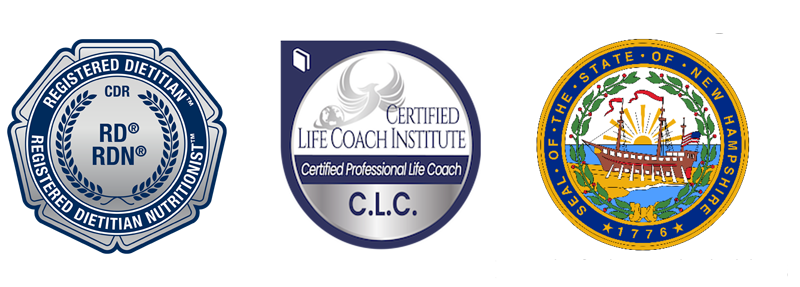A New Way of Thinking About Decision Making
I am a voracious consumer of podcasts. I listen to them when I drive anywhere and when I am doing routine tasks like food preparation, tidy-ups, and laundry. Yesterday, I twice listened to Mel Robbin’s Podcast of an interview with Steven Bartlett. Steven Bartlett is an entrepreneur, speaker, investor, author, and host of Europe’s #1 podcast, The Diary of A CEO. I would highly recommend listening to this podcast- it is chockful of wisdom and a very compelling story of a young man who decided to not buy into the social norms that would keep him boxed into a limited existence.
https://www.melrobbins.com/podcasts/episode-145.
Are you frustrated by decision fatigue? Is making decisions scary? If either of these or any other negative energy accompanies decision-making for you read on, today’s blog will give you some new tools for making decisions.
On the podcast, Steven Bartlett and Mel Robbins discussed several tools of which two landed with me in a way that I know means I will never look at making decisions the same. The first concept is the 51 % Rule. What this means is that if you are at 51 % certainty, make the decision. 100 % certainty only exists in hindsight. 51 % is enough to make a decision and to stop overthinking and self-doubt. Not making a decision, overthinking, and confusion all cost you time and money and they are in fact decisions. They are decisions that do not move you forward. What decisions are you not making because you are afraid of not being 100 % certain? Is this indecision costing you time, money, or creative energy? Is it possible that you are using the lack of 100 % uncertainty as an excuse to not take a step that feels scary? Indecision is a decision, it is an excuse, it robs you of time and it keeps you stuck.
In creating our new business, Faded to Fabulous, Vicki and I are operating on the jointly held belief that we are smart enough to make decisions. We have proved to ourselves that 51 % is more than enough certainty. What that proof looks like is incredible productivity and no wasted time in confusion and indecision. It looks like this issue- options- discussion- decision. We do not wait to know for certain that we are making the right decision. This gives us the freedom to move forward and execute. We will only know once we try whether it works or not. If it does not it is simply the information, we needed that we did not have to modify the approach and try again. Without an approach like this, we will not be able to get this business launched and that would mean we do not put value into the world and help millions of women who need our help. We owe these women our very best and that includes moving forward knowing that even if our decision does land exactly as planned it is one step closer to getting it right.
Steven Bartlett shares his belief that the biggest business and life cost is not the failed experiment, or making a wrong decision, it is time lost in not making a decision. The business/person who makes decisions quickly understands the risk of not making a decision. Alternatively, the business/person who cannot make a quick decision has the “We are waiting until spring, or until the economy changes” type of narrative. They believe that the risk is making a wrong decision and therefore do not make the decision. Remember 100 % certainty is only available as hindsight- it is not available in the present moment. The failure to not understand that not making a decision is a decision. Making decisions quickly means you are one step closer to a solution if the decision leads to failure. Successful businesses are built on a pile of experiments. I love the concept of failing forward.
I help my Life Coaching clients see their decision-making patterns by connecting results with actions, actions with feelings, and feelings with thoughts. The thought “What if I pick the wrong one” leads to worry and worry leads to indulgent perseverating, looking for excuses.
I will leave you with these last thoughts. Indecision is a decision. Confusion is indulgent.
Try the 51 % Rule by interrupting your indecisive narrative or putting time limits on decisions that need to be made. Doing some self-reflection on your decision-making style may also be helpful. Decision-making is a skill that can be learned. It is a skill that a competent Life Coach can help with. Imagine the time you will free up to use for creative thought capable of generating adventures, better health, increased wealth, and improved relationships.
Peace and Happy Valentine’s Day!
Kim




